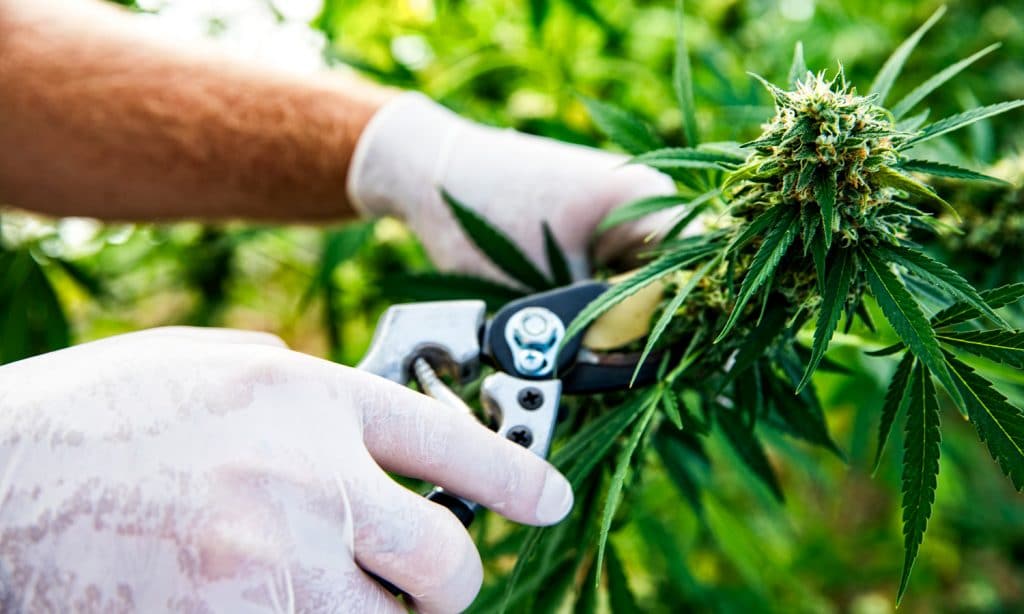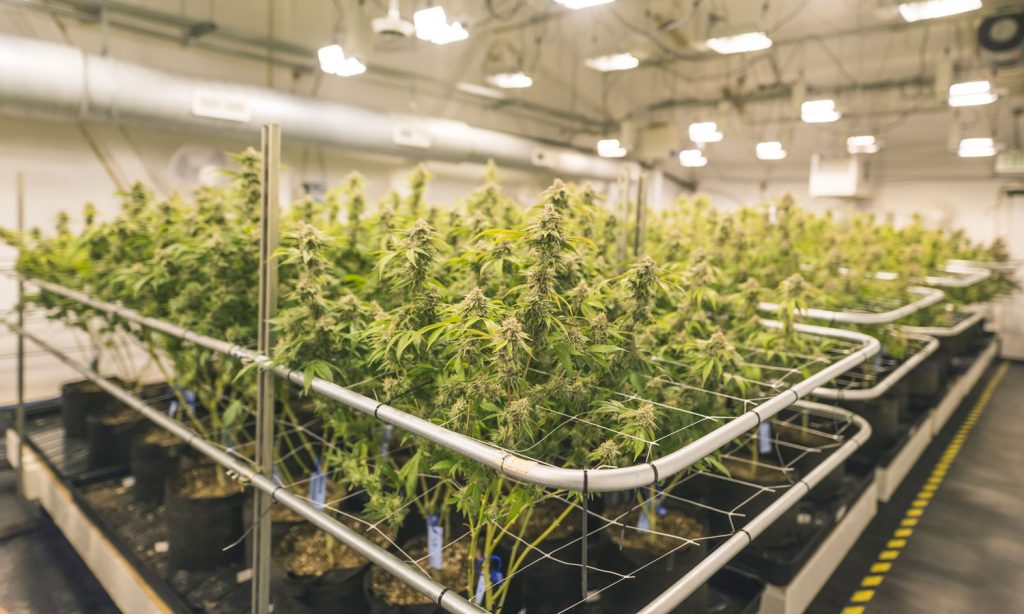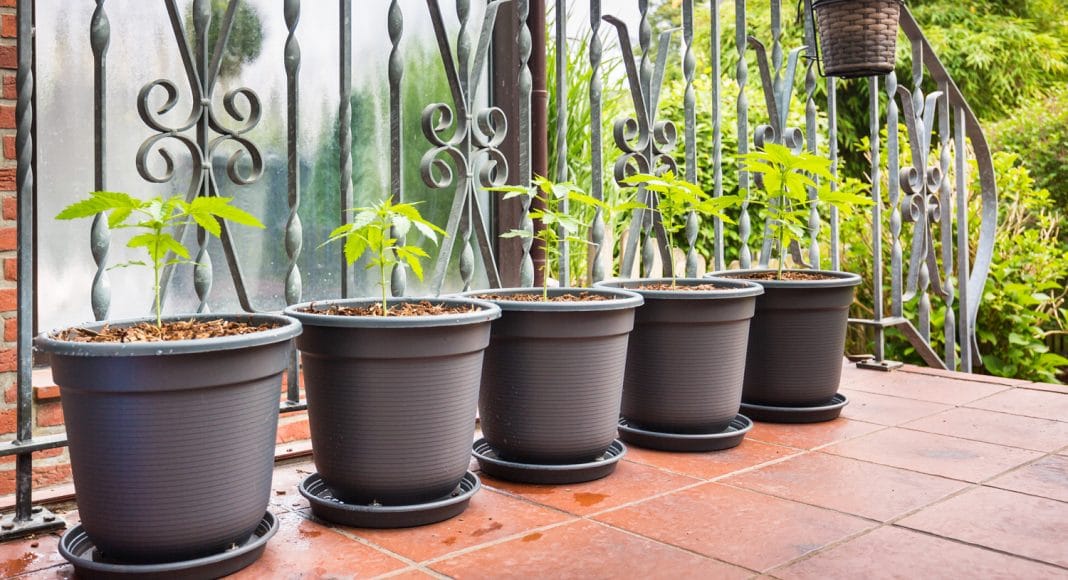Just as some wine aficionados seek wine based on terroir, some cannabis consumers like to explore the subtleties of individual strains. Which type of cannabis works best in this situation?
When recreational cannabis consumers examine the array of flower available at their local dispensary, they’ll notice that cannabis buds may have the same strain name and potency but they look and smell differently. So how do they know which ones to purchase?
Outdoor-grown cannabis (Outs) tends to have a more weathered look as these plants have to deal with the elements such as wind, rain, bugs, and sunlight, not to mention the squirrels, deer and other animal that enjoy munching on these plants. As a general rule of thumb, cannabis grown outdoors tend to feel lighter and look darker than their indoor-grown cannabis (Ins). Because of these factors, Outs will not have the same strong pungent smell and dank as the Ins. Cannabis consumers who place a high value on strong smelling sticky beautiful looking buds will probably prefer indoor-grown cannabis.
RELATED: Which Is Better, Indoor Or Outdoor Weed?
In terms of taste, some cannabis connoisseurs like to play with terroir, which refers to the geology, geography, and climate where a particular plant is grown. Just as some wine aficionados seek wine based on terroir, some cannabis consumers with sensitive palates like to explore the subtleties of individual strains to discover the tastes that works best for them. They are most likely to find that cannabis grown outdoors works best for this kind of experimentation.

As any plant grown outdoors is contingent on the sun, outdoor-grow cannabis tend to work best in places with longer growing seasons. Consumers who live in areas with a limited outdoor growing season will find that indoor grows enable the dispensaries to carry their preferred strains of cannabis year round instead of only having these products available during the short harvest season.
Also, as growing conditions can be more carefully controlled indoors, the Ins tends to have a more consistent profile. This factor matters to those who need their particular strain to deliver the same results with each use.
In terms of potency, there doesn’t appear to be a sizable difference in the THC and CBD levels between the Ins and Outs. Here consumers are advised to check the lab results listed on the product packaging and not the growing conditions when assessing how potent they want their cannabis to be.
RELATED: So, You Want To Learn How To Grow Marijuana Outdoors
For those cannabis users concerned about their carbon footprint, Nathan Howard of East Fork Cultivars points to the issue of sustainability in growing cannabis. As he observes, “When we think about indoor cannabis farming compared to sun-grown cannabis farming, sustainability is at top of mind.”
Even through sustainability can be a relative term — and there’s a lot of indoor cultivation that’s done more sustainably than a fair amount of sun-grown farms — Howard notes that outdoor cannabis tends to perform better. “Gram for gram and pound for pound, sustainable sun-grown cultivation methods and farms significantly outcompete the most sustainable indoor farms.”

Jake Browne, founder of the national cannabis growing competition The Grow-Off, concurs with Howard’s assessment. “In Grow-Off competitions, we’ve seen outdoor-grown cannabis outperform indoor-grown cannabis from a sheer numbers perspective.”
Having said that, Browne encourages consumers to experiment. An event like the Grow-Off allows one to try an identical strain grown by different farms and then figure out which farms produce the kind of cannabis they like. As Browne notes, “Want to try a veganic strain? Something grown in living soil? Something only grown under LEDs? Our growers give you that ability to find what you like and why you like it. We’re at a point where there’s so much flower on the market, consumers need to think about what they want to see from the industry and vote with their dollars.”


